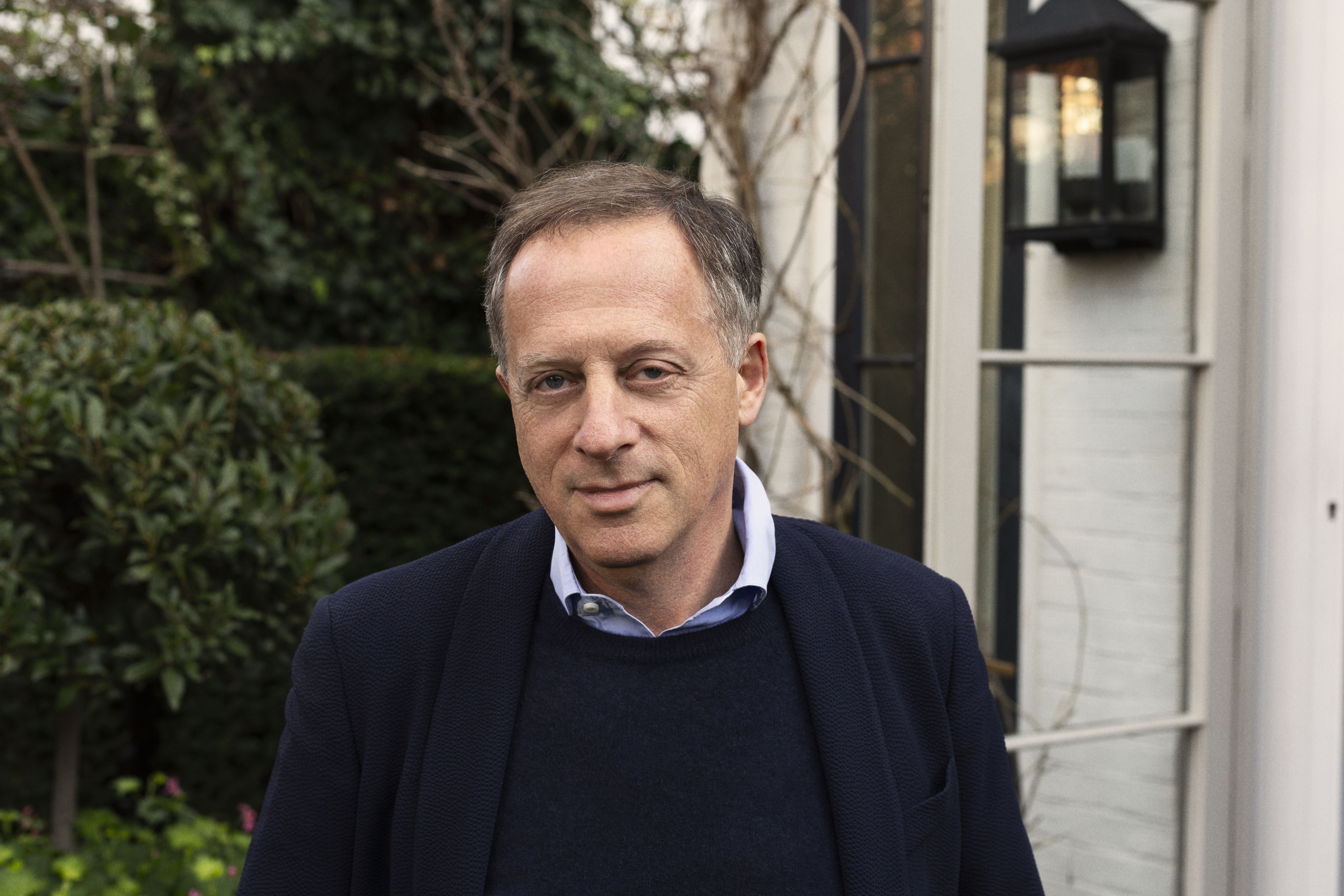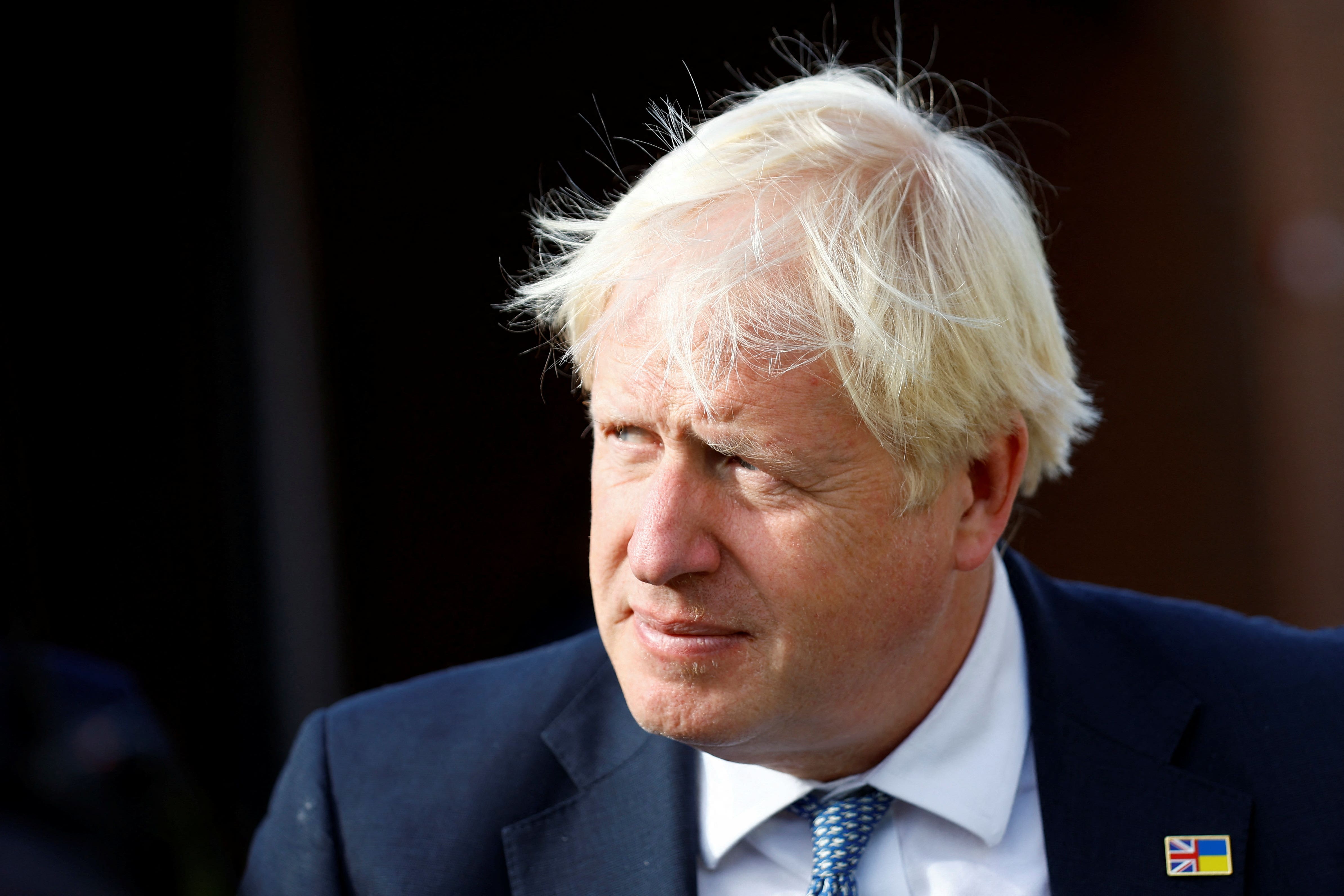BBC board to consider future of boss Richard Sharp amid ‘cash for Boris row’
Exclusive: Corporation’s most senior officials to discuss whether he has lost public trust
Your support helps us to tell the story
From reproductive rights to climate change to Big Tech, The Independent is on the ground when the story is developing. Whether it's investigating the financials of Elon Musk's pro-Trump PAC or producing our latest documentary, 'The A Word', which shines a light on the American women fighting for reproductive rights, we know how important it is to parse out the facts from the messaging.
At such a critical moment in US history, we need reporters on the ground. Your donation allows us to keep sending journalists to speak to both sides of the story.
The Independent is trusted by Americans across the entire political spectrum. And unlike many other quality news outlets, we choose not to lock Americans out of our reporting and analysis with paywalls. We believe quality journalism should be available to everyone, paid for by those who can afford it.
Your support makes all the difference.The position of BBC chair Richard Sharp hangs in the balance as officials prepare to discuss his future in charge of the corporation following a damning report by MPs into his role in securing an £800,000 loan for Boris Johnson.
The BBC board is to decide whether Mr Sharp can carry on once an appointments watchdog investigation into his ties to Mr Johnson concludes, The Independent understands. It comes as opposition MPs said it would be “extremely difficult” for him to continue.
Senior BBC sources said the 12 other members of the board – on which Mr Sharp sits – will consider any wrongdoing over his failure to declare a role in facilitating the credit line for the then-prime minister prior to taking the job.
It is understood that the BBC board is also likely to consider whether he has lost the public trust needed to lead the organisation, and the authority needed to negotiate with ministers if the watchdog’s report is sufficiently damaging.
The discussions could happen within days, with the investigation by Adam Heppinstall KC for the public appointments commissioner expected to finish as soon as this week.
It comes as opposition parties said Mr Sharp’s position was “untenable” after a critical report by a cross-party group of MPs was published on Sunday.
The Digital, Culture, Media and Sport (DCMS) Committee branded him guilty of “significant errors of judgement” by failing to declare his role in facilitating loan talks between the guarantor, Mr Johnson’s distant cousin Sam Blyth, and cabinet secretary Simon Case.
Lisa Nandy, the shadow levelling up secretary, said Mr Sharp’s position was “increasingly untenable”, suggesting that he would have to go if he could not provide a better explanation for his actions.
“It’s becoming more and more difficult to see how Richard Sharp can continue in that role,” she told Sky News. “If questions can’t be answered then I think the integrity of the BBC is far more important than the position of one individual”.
Senior SNP MP John Nicolson – who sits on the DCMS which produced the report – said he did not see how Mr Sharp “can carry on”, and suggested Rishi Sunak’s government should act now to remove him.

He told BBC’s Sunday With Laura Kuenssberg: “He has lost the trust of the BBC staff, that’s very clear – I’ve been deluged with messages from BBC staff saying they don’t see how he can head up the BBC anymore.
“We knew he was a big Tory donor,” Mr Nicolson added. “But what he didn’t tell us was that he had facilitated an £800,000 loan for Boris Johnson, the prime minister, who then gave him the job – it’s all a bit banana republic.”
Tory development minister Andrew Mitchell said Mr Sharp’s future was a “matter for the BBC” at the end of the probe by the appointments watchdog and a separate, internal inquiry by the corporation into whether there has been any conflicts of interest since he took over.
Challenged by Laura Kuenssberg that it was ultimately up to the government to decide who chairs the BBC, Mr Mitchell insisted that it was “largely” a matter for the BBC board – and suggested they could make a “recommendation” on his future to the government.
However, Mr Nicolson said the government already has the information it needs to decide whether to ask Mr Sharp to resign. “What are ministers waiting for? What bit of information do they not have? The facts are abundantly clear,” the SNP MP told the BBC.

Former No 10 communications director Sir Craig Oliver, a former editor of the BBC 10’O Clock News, told The Independent that both the board and government could play a role in deciding his future – but predicted Mr Sharp would cling on to his job.
“It’s unlikely the government or fellow board members will say they don’t have confidence in him, and for that reason, I don’t think he’s going anywhere,” he said. “In fact, I’ve spoken to some board members and they feel he’s doing a good job.”
Sir Craig added: “Had he shown more humility, I think the MPs may have gone a little easier on him. He hasn’t helped himself by saying he didn’t play a role in the loan facility. The point is he went to see the cabinet secretary to help facilitate an overdraft and didn’t disclose it.”
David Cameron’s former PR chief said there was “a good case for making sure the next chairman is not a political appointee”, adding: “It’s also a reminder that when someone gets into bed with Boris Johnson the inevitable happens.”
Mr Sharp admitted that he set up a meeting between Mr Johnson and Mr Blyth but denied giving any financial advice. A spokesperson for Mr Sharp said he “regrets” not telling MPs about his involvement with Mr Blyth “and apologises”.
Former Tory culture minister Lord Vaizey said Mr Sharp’s actions were not a “hanging offence”. The peer told BBC Radio 4’s Broadcasting House: “You can acknowledge it is a blunder without saying it is hanging offence.”
Deputy Liberal Democrat leader Daisy Cooper said Mr Johnson “must now also face the music and answer questions from an independent inquiry”, calling on Mr Sunak to ask his ethics adviser to look into the matter.
A BBC spokesperson said: “The chair appointment process is a matter for government.”






Join our commenting forum
Join thought-provoking conversations, follow other Independent readers and see their replies
Comments